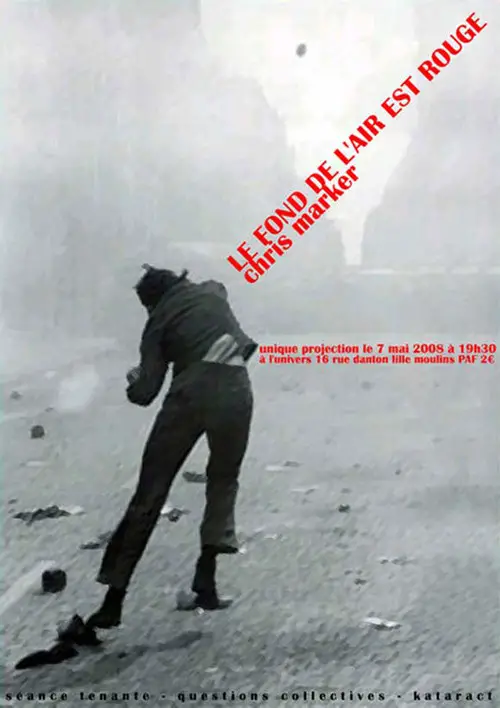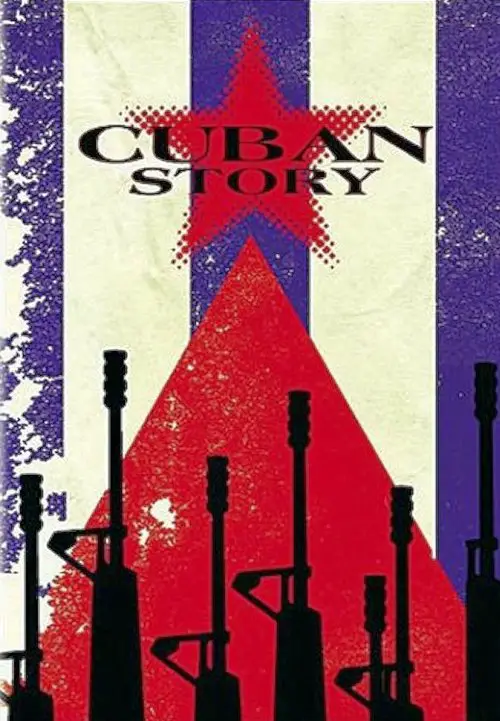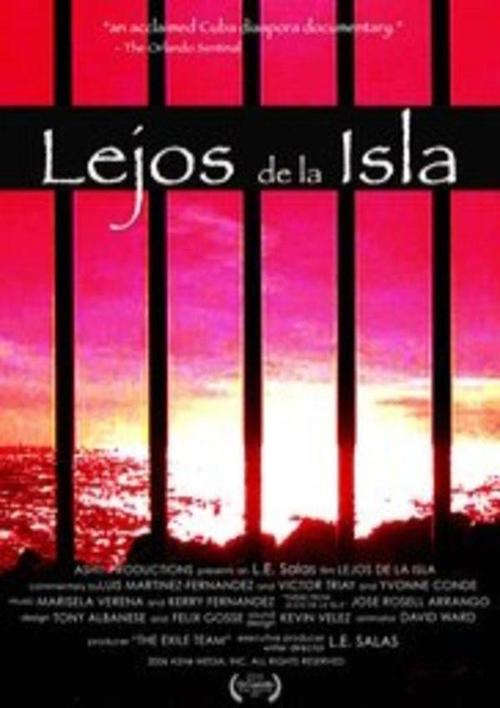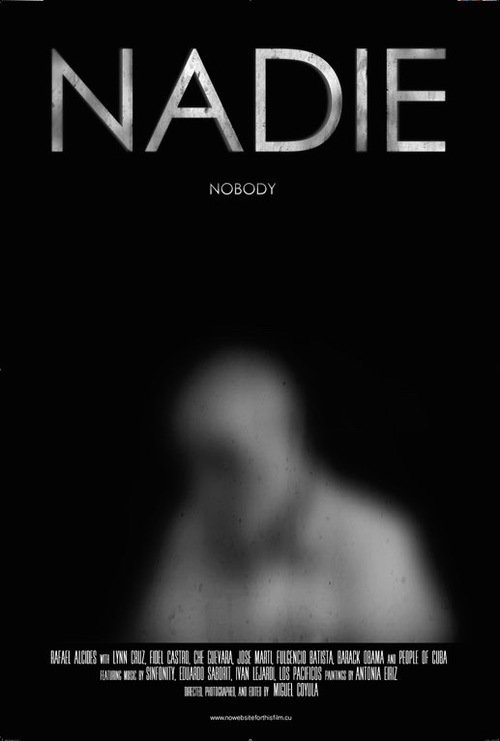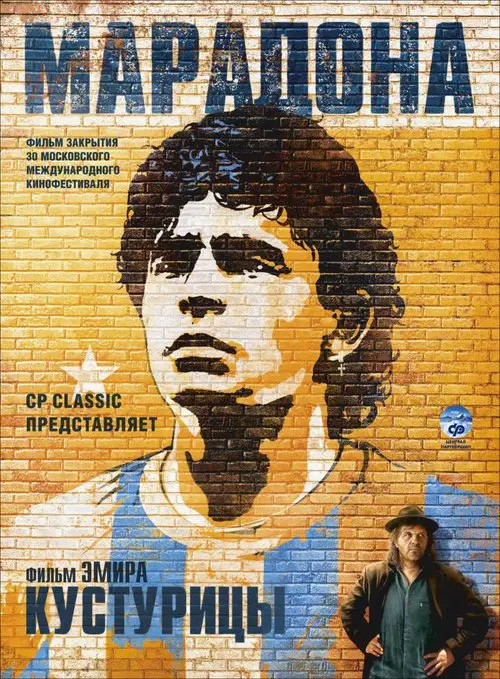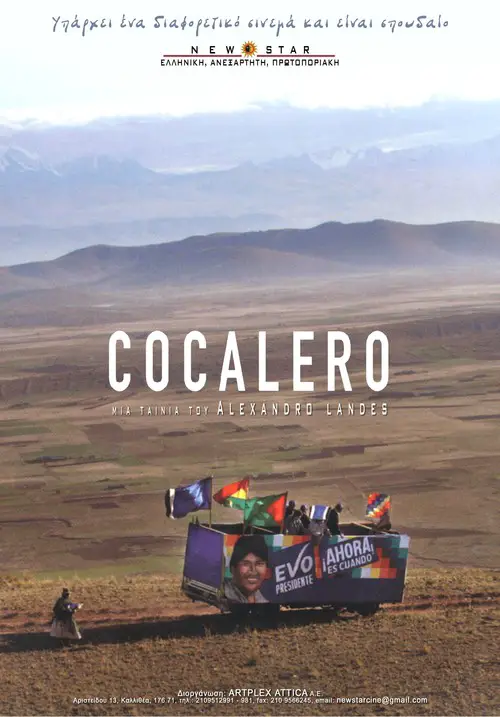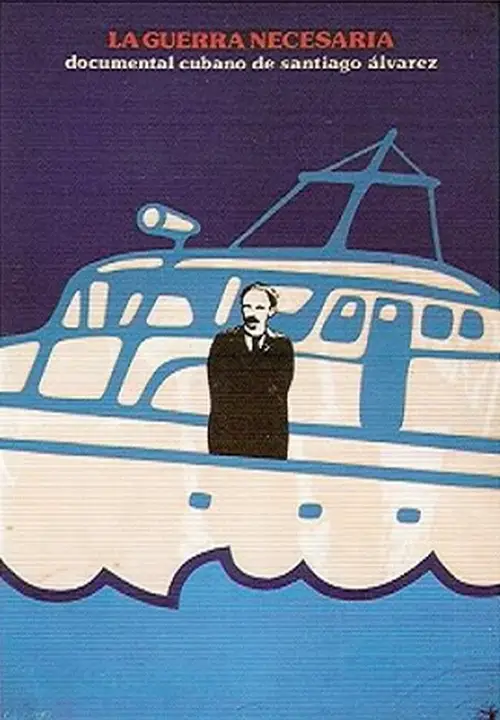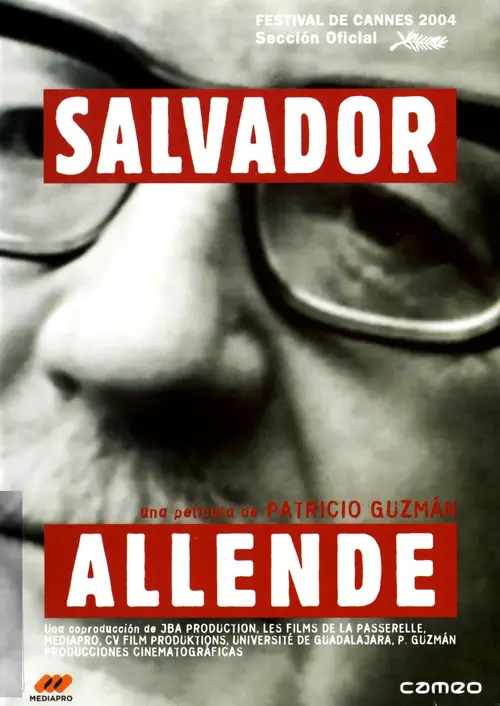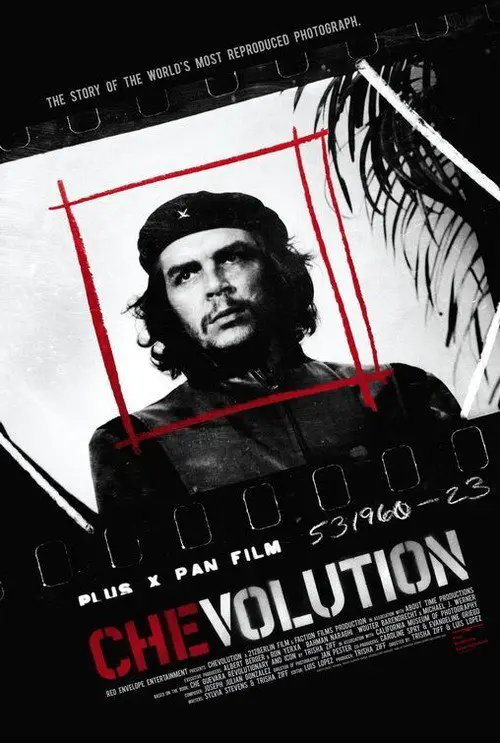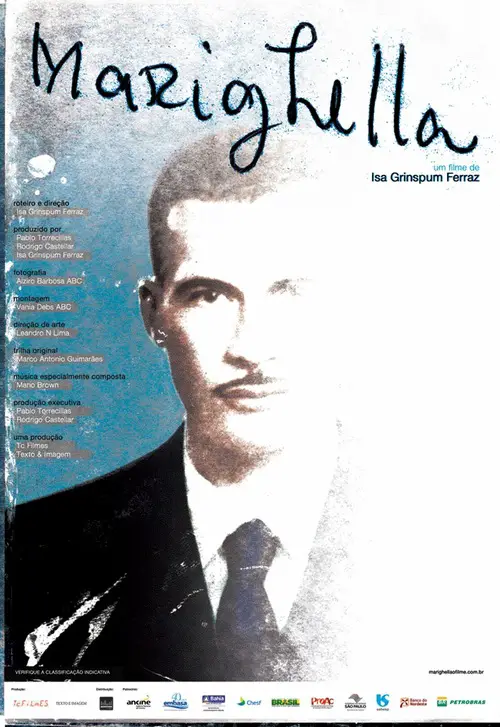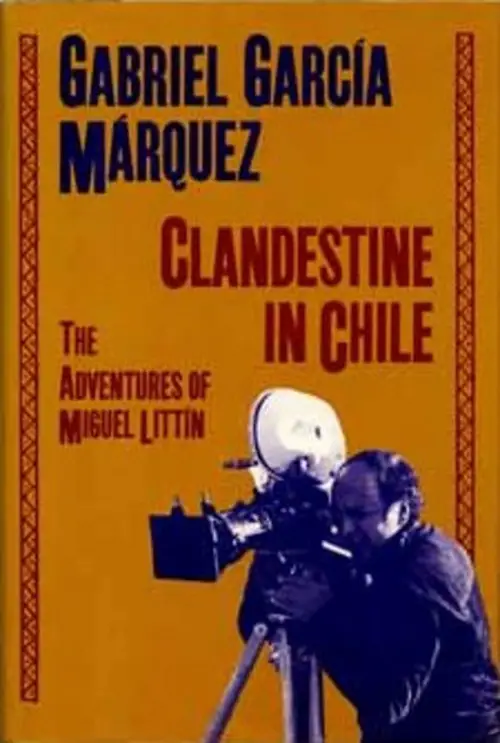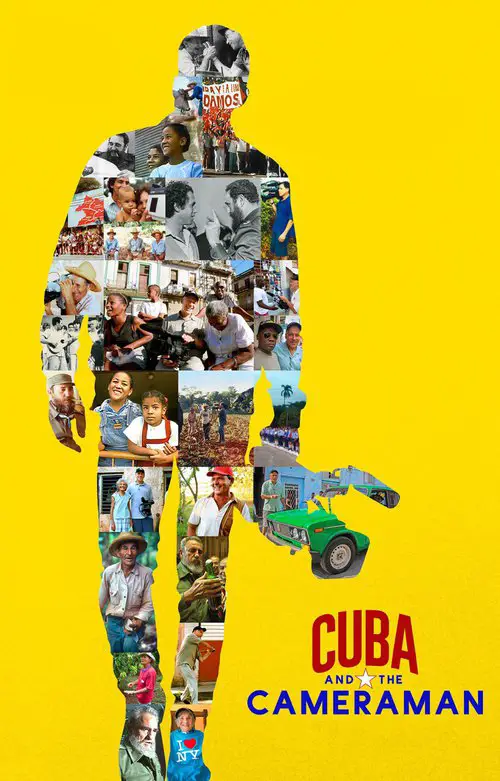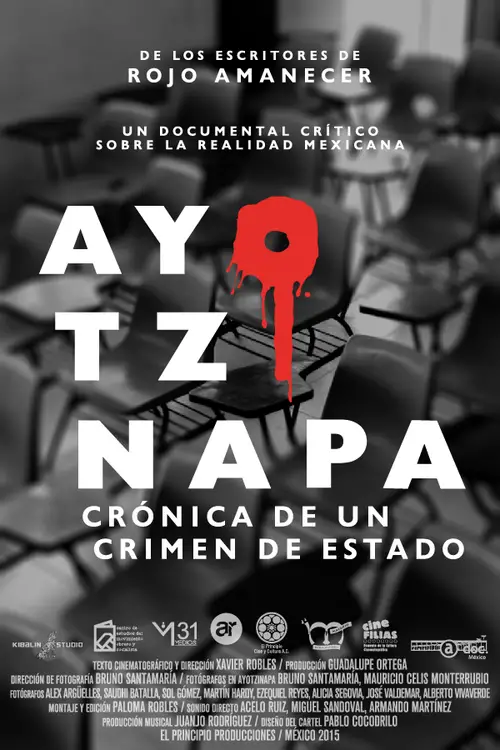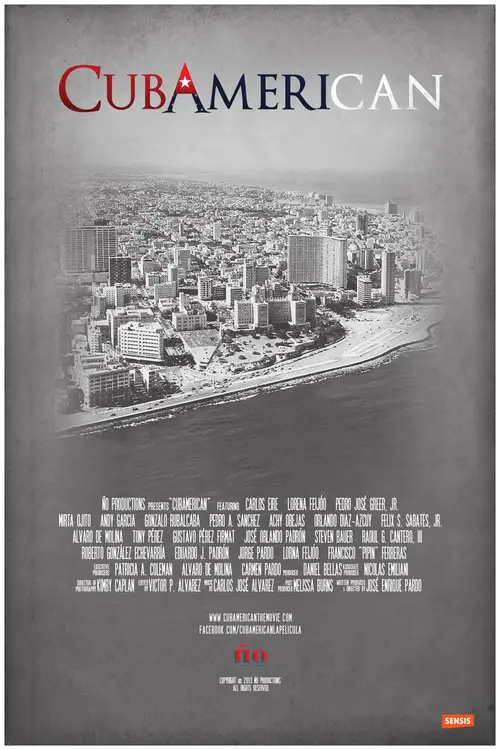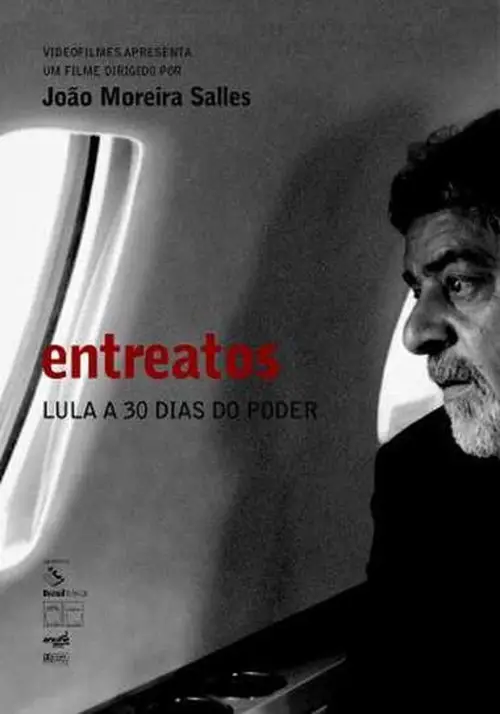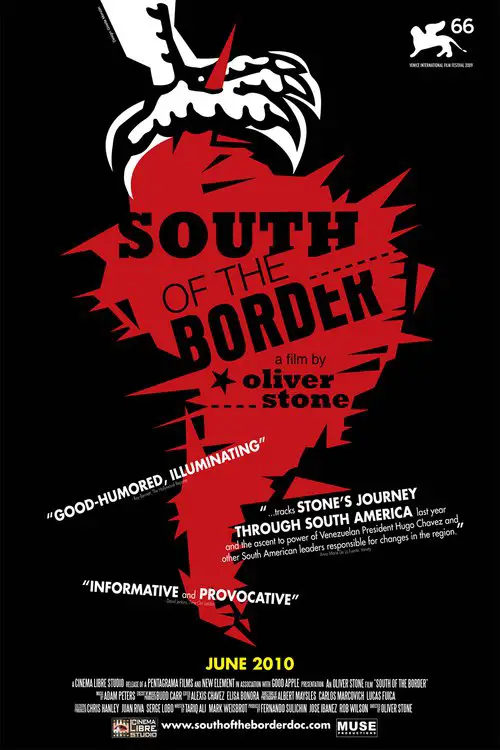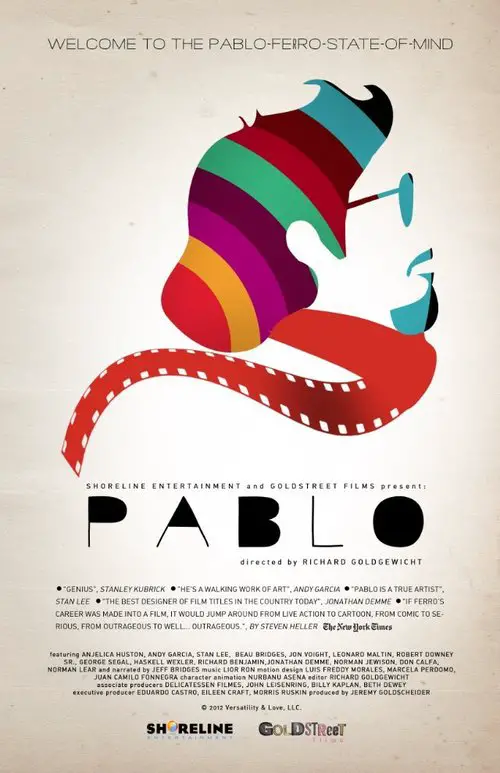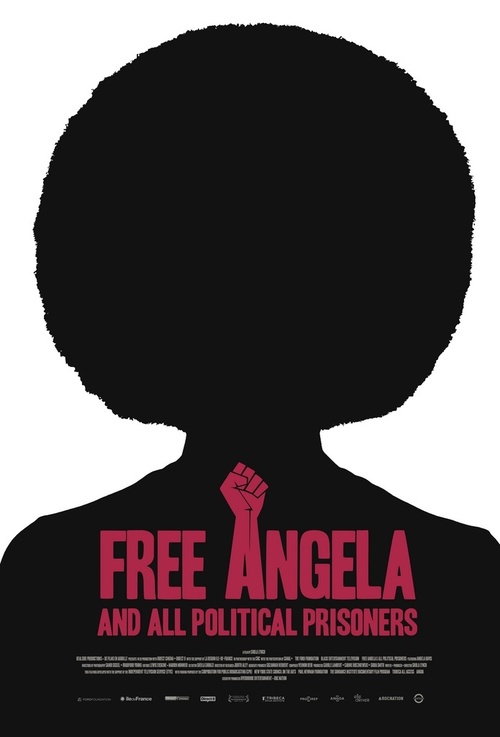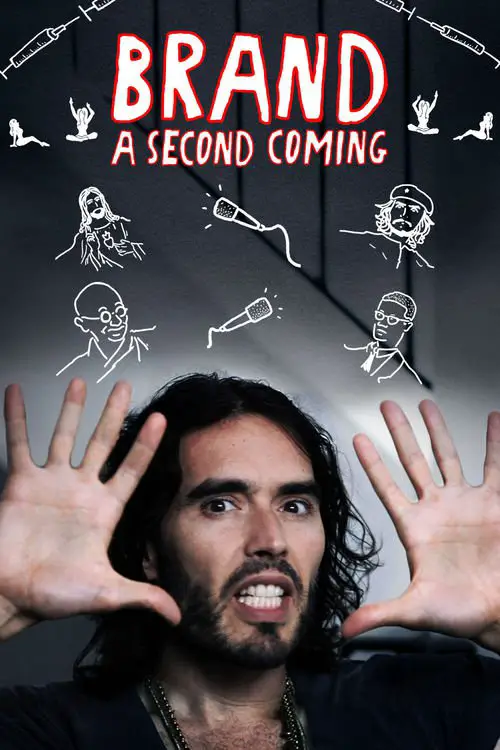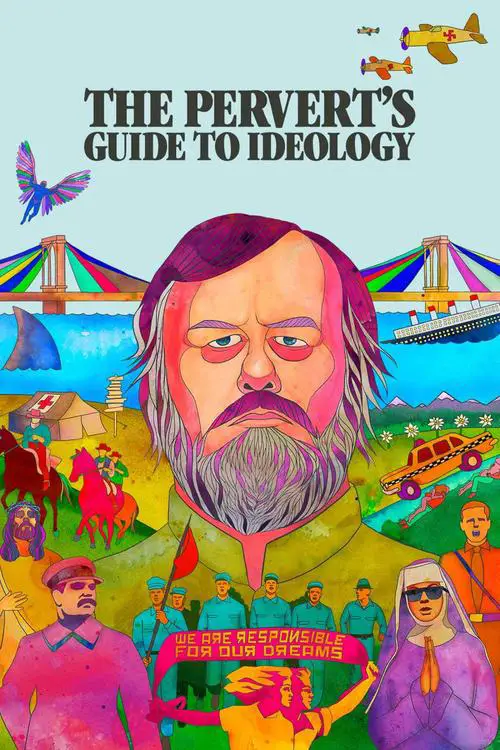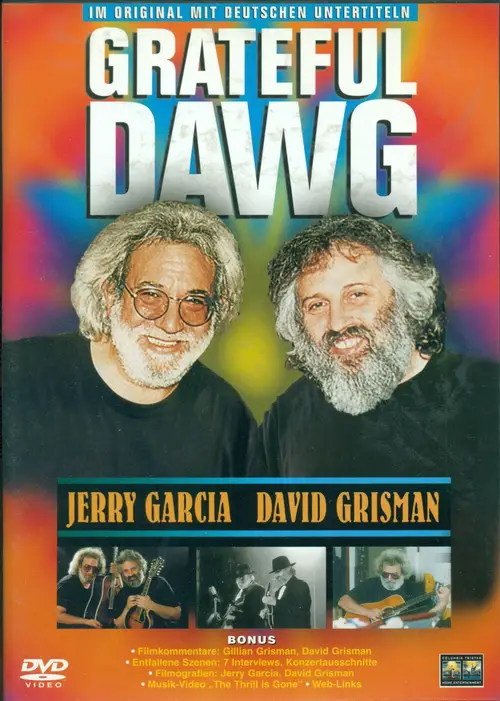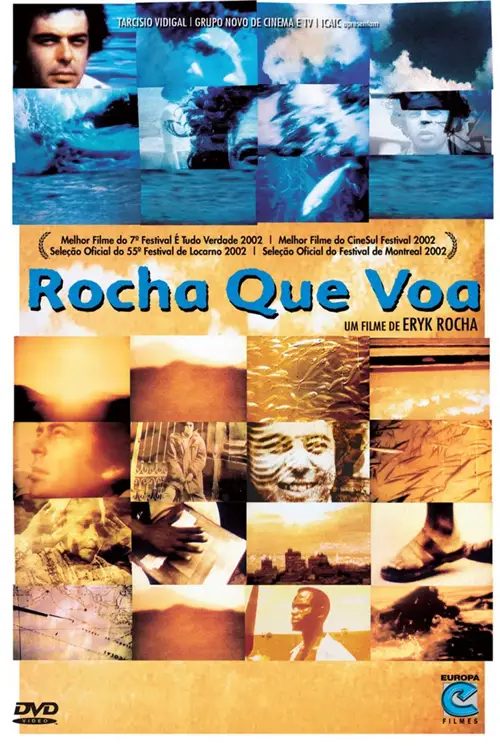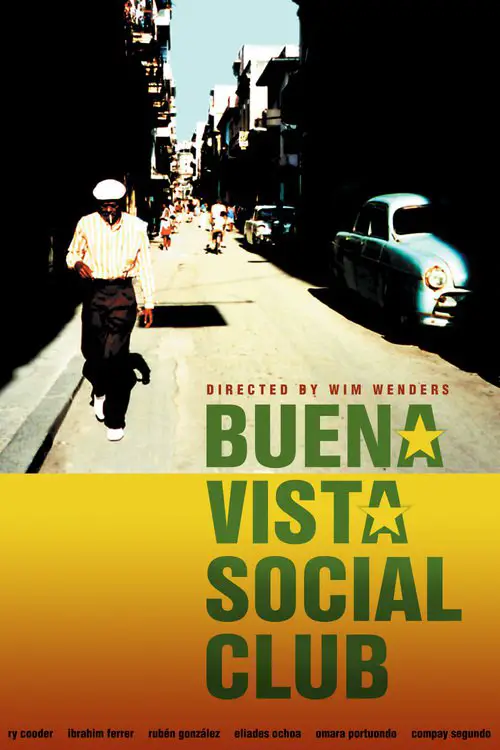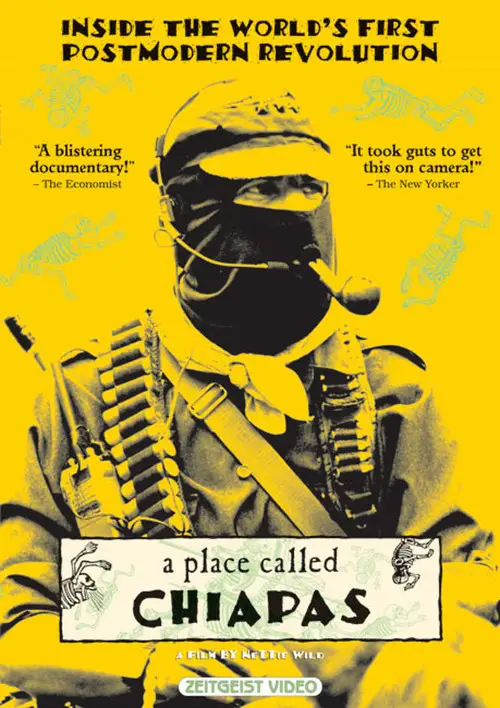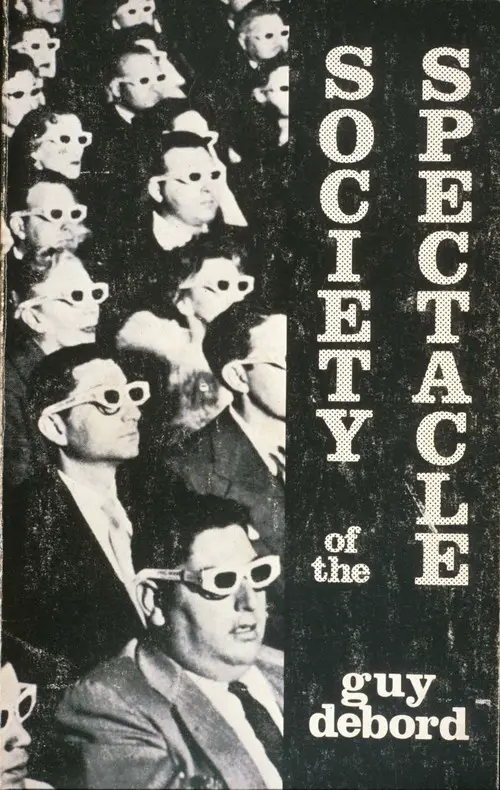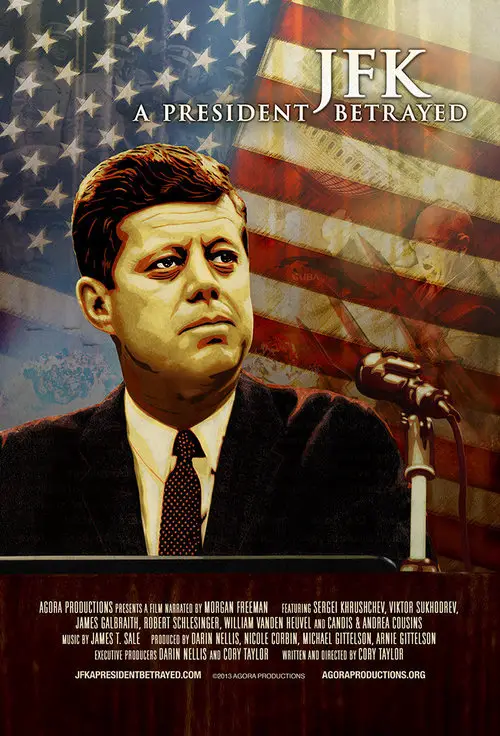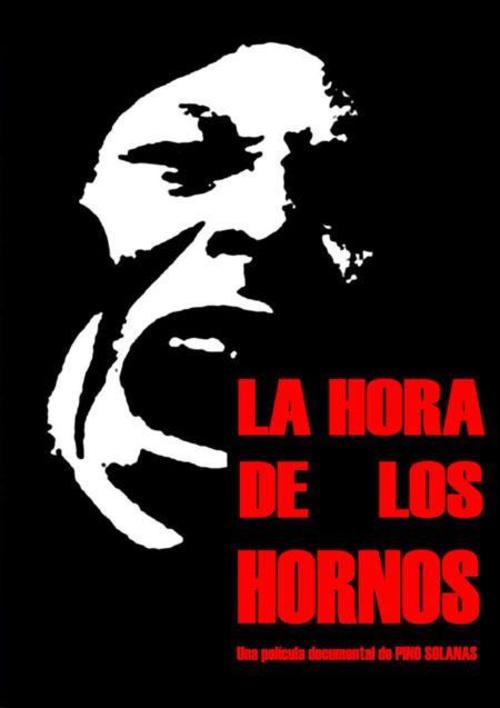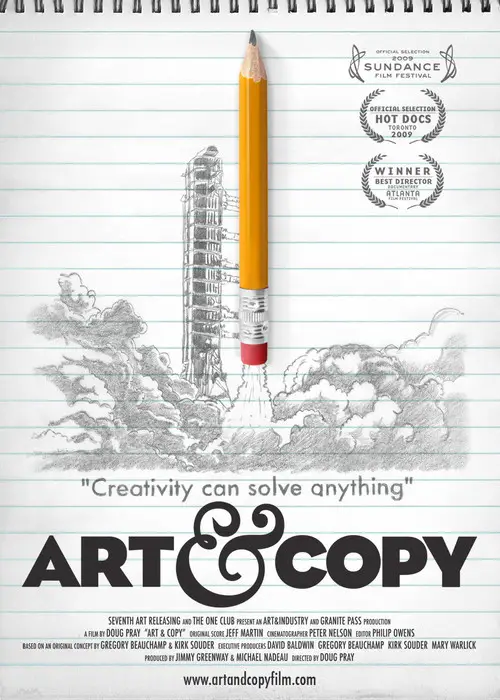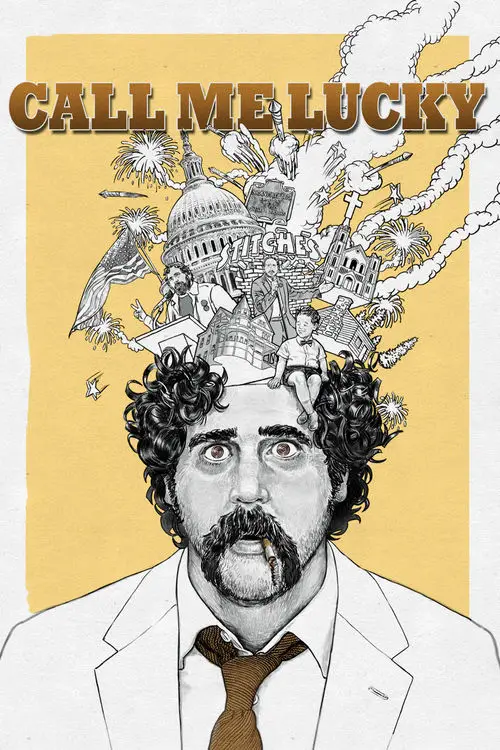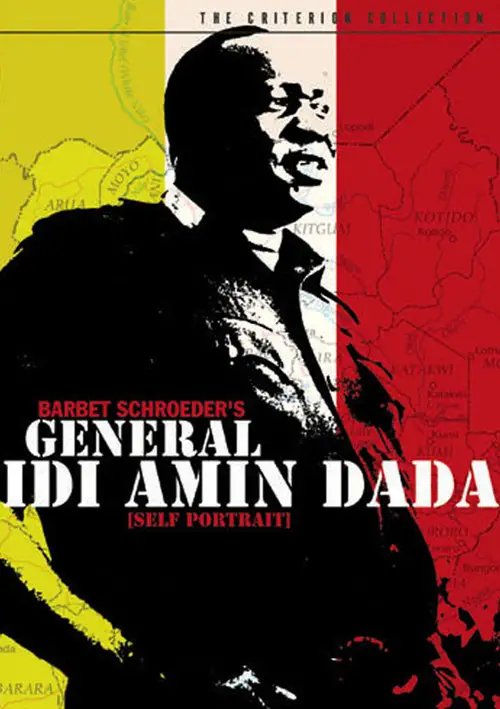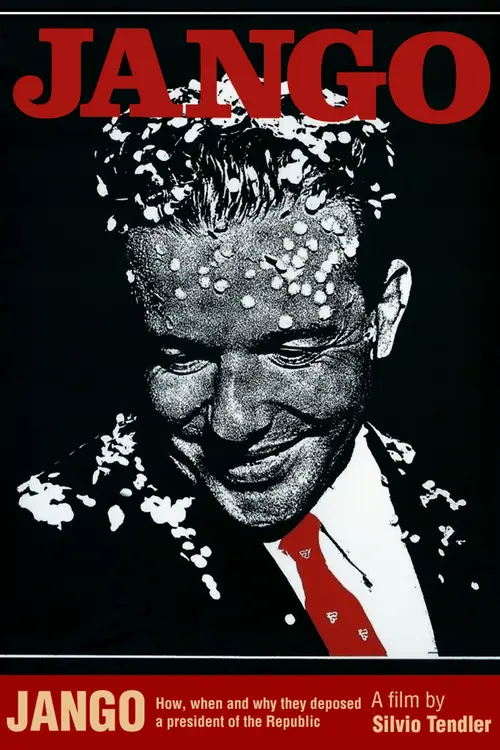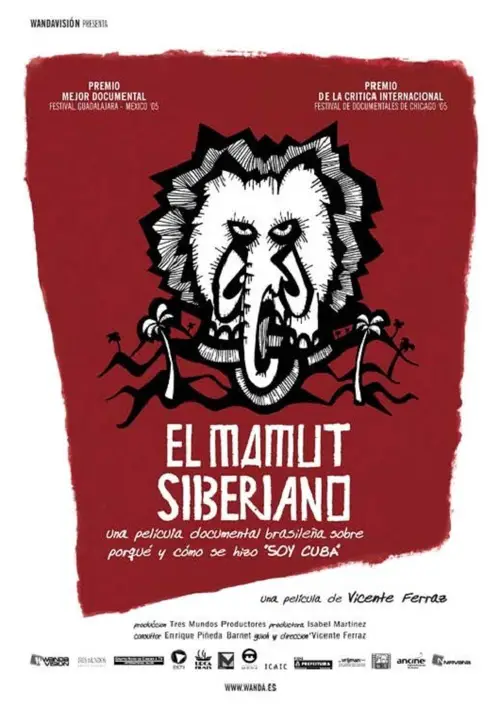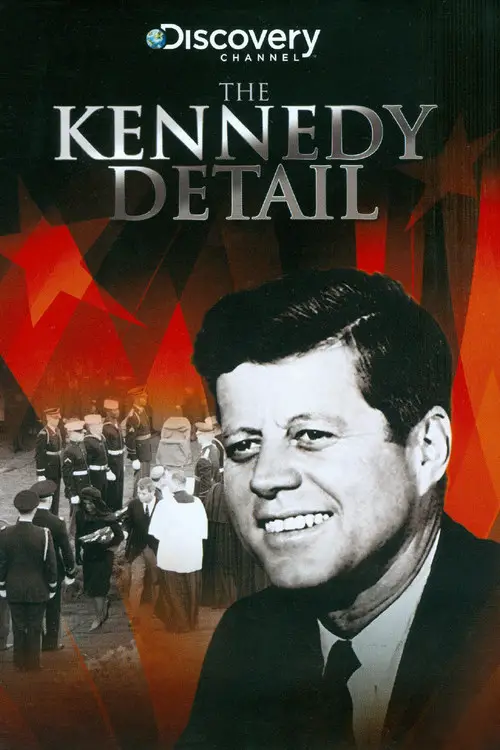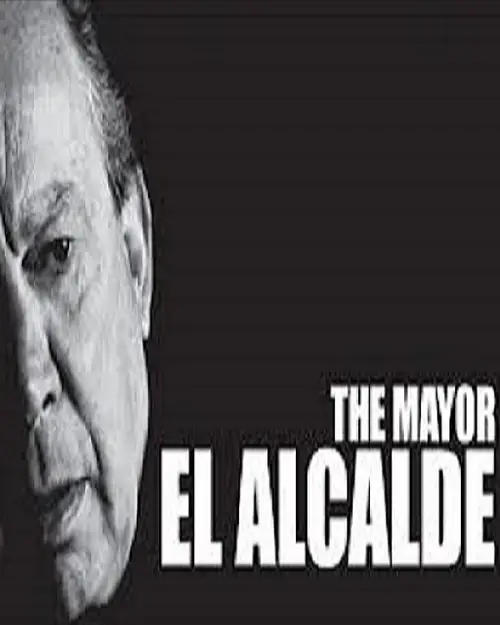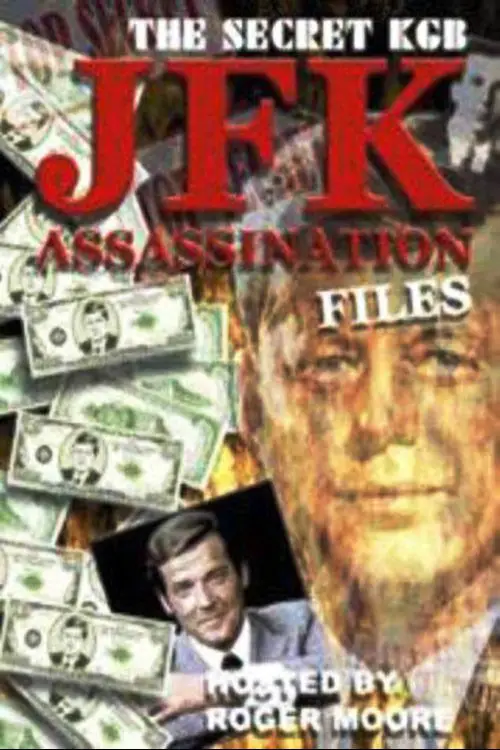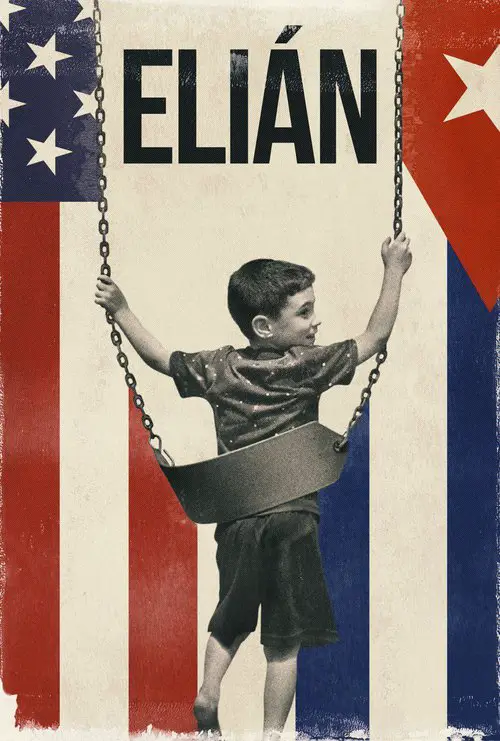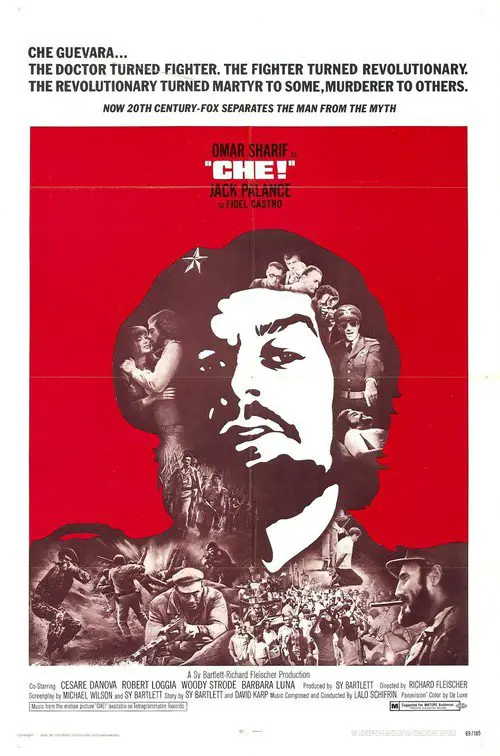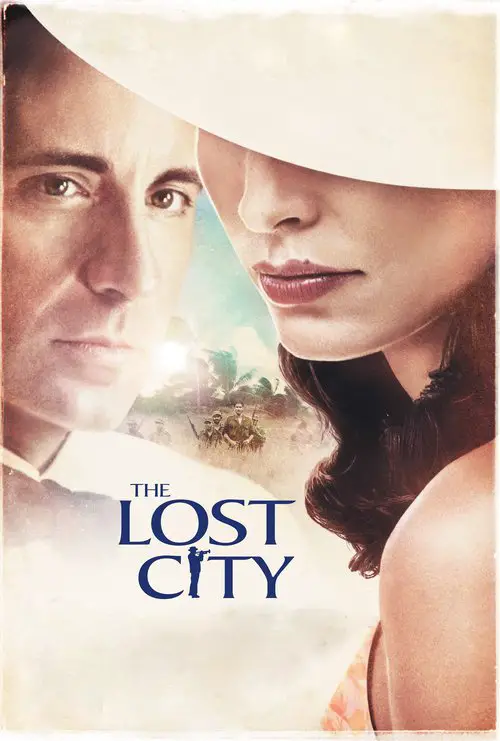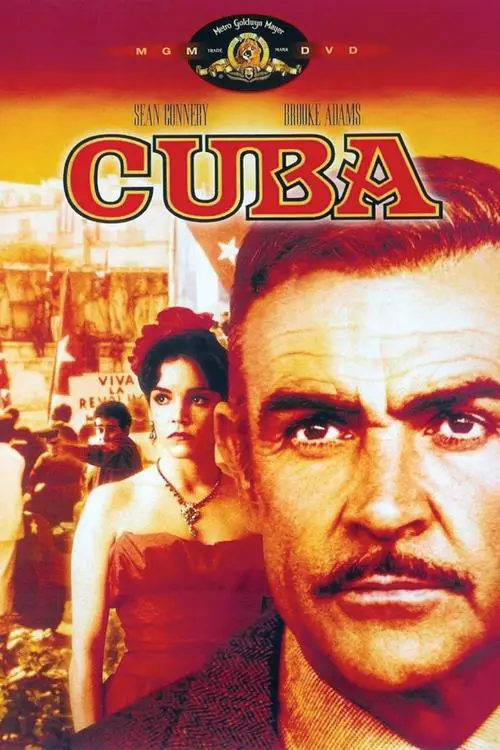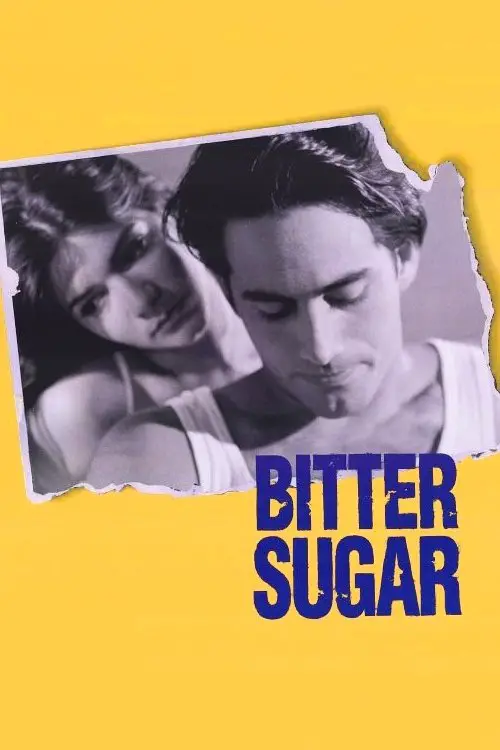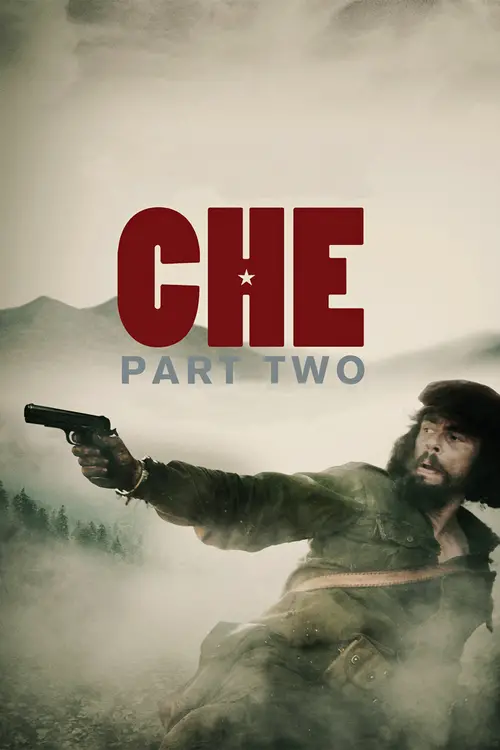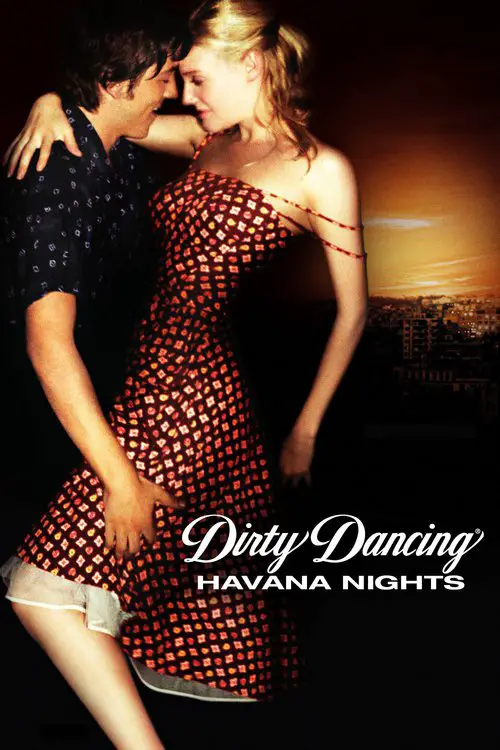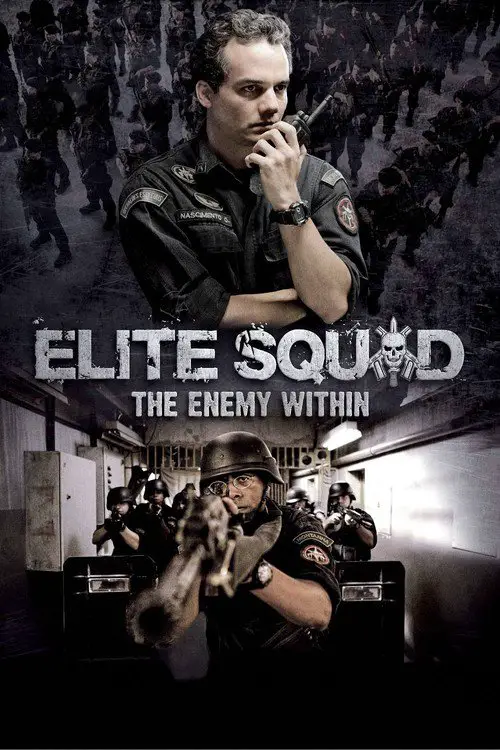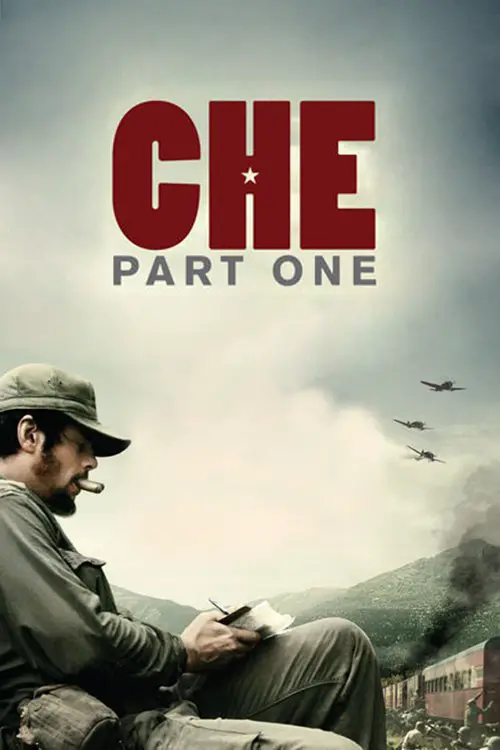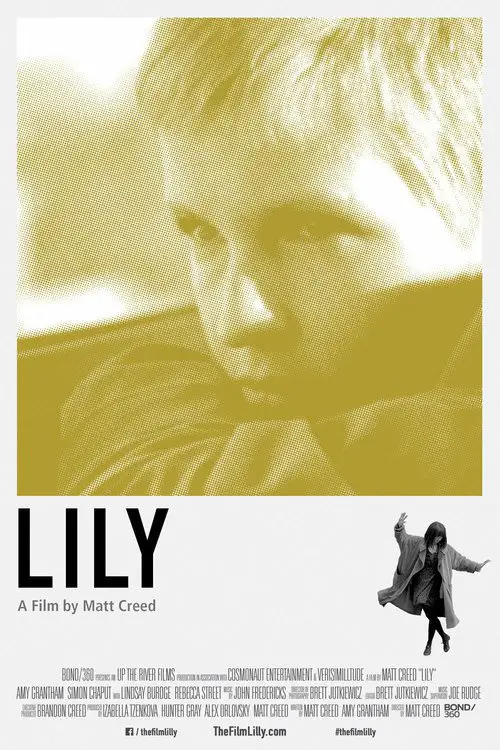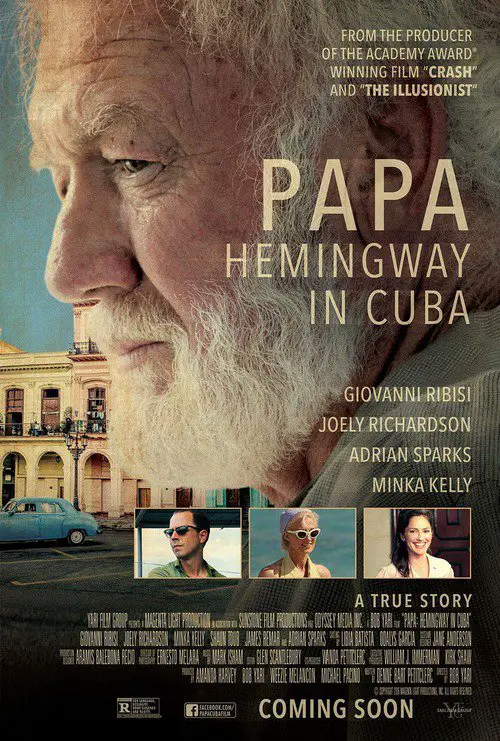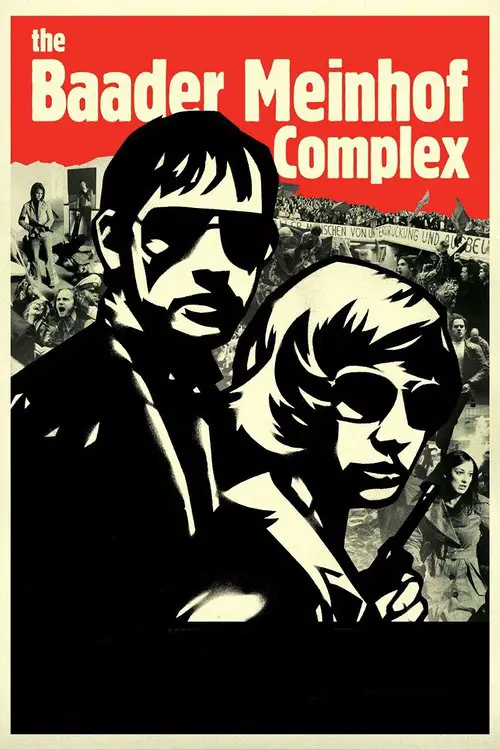Comandante (2003)

Similar movies
Prior to Fidel Castro's reign, Cuba was open to immigration. However, once Castro proclaimed himself dictator of Cuba, one of the largest exodus recorded began, one that continues today, 47 years after the Cuban Revolution. Six central characters of the film discuss in detail their personal experiences through Operation Pedro Pan, the Freedom Flights, El Mariel, the Rafter Crisis, and the Cuban Visa Lottery.
Half blind and half deaf, ostraziced Cuban writer Rafael Alcides tries to finish his unpublished novels to discover that after several decades, the home made ink from the typewriter he used to write them has faded. The Cuban revolution as a love story and eventual deception is seen through the eyes of a man who is living an inner exile.
A leftist revolutionary or a reformist democrat? A committed Marxist or a constitutionalist politician? An ethical and moral man or, as Richard Nixon called him, a "son of a bitch"? In SALVADOR ALLENDE, acclaimed Chilean filmmaker Patricio Guzmán (The Battle of Chile and Chile, Obstinate Memory) returns to his native country thirty years after the 1973 military coup that overthrew Chile's Popular Unity government to examine the life of its leader, Salvador Allende, both as a politician and a man.
Dollan Cannell's documentary on the hundreds of alleged plots to assassinate Fidel Castro, and a look at the evolution of Cuban politics. If the title of this extraordinary film sounds ludicrous, don't be fooled. This film looks at the incredible story of the 638 alleged plots by the CIA and Cuban exiles to kill the Cuban leader Fidel Castro.
Chevolution examines the history and legacy of the photo Guerrillero Heroico taken by famous Cuban photographer Alberto DÃaz Gutiérrez. This image has thrived for the decades since Che Guevara's death and has evolved into an iconic image, which represents a multitude of ideals. The documentary film explores the story of how the photo came to be, its adoption of multiple interpretations and meanings, as well as the commercialization of the image of Ernesto âCheâ Guevara. (Wikipedia)
Biggest name left militancy in Brazil '60s, Carlos Marighella served in the main political events in Brazil between 1930 and 1969 and was considered the # 1 enemy of the Brazilian military dictatorship. Communist leader victim of prison and torture, parliamentarian, author of the world translated "Manual of the Urban Guerrilla," his life was a great act of strength and courage. Directed by his niece Isa Grinspum Ferraz, the feature Marighella is a historic building and affective this man who dedicated his life to thinking about Brazil and transform it through its action.
In 1985, Miguel Littin returned clandestinely to Chile and made this documentary divided in four parts about the political reality of the country. The parts are titled, Miguel Littin: Clandestine in Chile; The North of Chile: When I Fled to the Pampa; From the Frontier to the Interior of Chile in Flames; and Allende: the Time of History, the film features testimony from Garcia Marquez, Fidel Castro and Hortensia Bussi. Also shown is the Chile of Augusto Pinochet and Salvador Allende. When Littin returned to Spain and finished his work, Gabriel Garcia Marquez set out to write the story of the film, published under the title Clandestine in Chile: the Adventures of Miguel Littin, which quickly became a best seller.
This film is a story, testimony and documentation of the forced disappearance of 43 student teachers, which exposes the criminal complicity between the police and military authorities, between the political and economic elites and criminal organizations in Mexico, which appear to be different forces, but respond to similar interests.
In the early 1970s, Cuban trumpeter Arturo Sandoval (Andy Garcia) is torn between his own musical dreams and the dreams of his wife, Marianela (MÃa Maestro), a fervent supporter of the ideals of the Castro revolution. Also starring Charles S. Dutton as Dizzy Gillespie and José Zúñiga as Paquito D'Rivera, this gripping jazz biopic is at once a detailed portrait of a musician and a stinging critique
CUBAMERICAN is the story of how the Cuban Revolution shattered the Cuban family. Spanning the past 60 years of Cuban history, the film explores tragedy, loss, freedom, assimilation, struggle and success through the stories of Cuban exiles who have achieved success in the U.S.A. in the diverse fields of art, science, medicine, design, music, dance, literature, academia and sports. The film culminates with rumination on the future of Cuba, leaving a mosaic of a bittersweet exile experience. Thematically, Cubamerican is a pro-immigrant story that highlights the absolute need for all of the world's people to be able to freely exercise their fundamental human rights.
João Moreira Salles, perhaps the finest documentary filmmaker of his generation, had complete access to Lula during the hectic 2002 campaign season. Salles fills his film with intimate behind-the-scenes footage of the campaign trail, focusing on the âintermissionsâ between the big public events that dominate campaign coverage. Lulaâs candor and charisma comes across whether heâs bantering at his regular barbershop or debating with his campaign team on a cramped private plane. Intermissions not only provides great insight into one of the most fascinating world leaders of our timeâEsquire named him âone of the most influential people of the 21st centuryââbut it ranks alongside The War Room as one of the most perceptive and candid political documentaries ever. -Description via Wexner Center Film/Video
Free Angela is a feature-length documentary about Angela Davis and the high stakes crime, political movement, and trial that catapults the 26 year-old newly appointed philosophy professor at the University of California at Los Angeles into a seventies revolutionary political icon. Nearly forty years later, and for the first time, Angela Davis speaks frankly about the actions that branded her as a terrorist and simultaneously spurred a worldwide political movement for her freedom.
Before Lance Armstrong, there was Greg LeMond, who is now the first and only American to win the Tour de France. In this engrossing documentary, LeMond looks back at the pivotal 1986 Tour, and his increasingly vicious rivalry with friend, teammate, and mentor Bernard Hinault. The reigning Tour champion and brutal competitor known as âThe Badger,â Hinault âpromisedâ to help LeMond to his first victory, in return for LeMond supporting him in the previous year. But in a sport that purports to reward teamwork, itâs really every man for himself.
In this fascinating Oscar-nominated documentary, American guitarist Ry Cooder brings together a group of legendary Cuban folk musicians (some in their 90s) to record a Grammy-winning CD in their native city of Havana. The result is a spectacular compilation of concert footage from the group's gigs in Amsterdam and New York City's famed Carnegie Hall, with director Wim Wenders capturing not only the music -- but also the musicians' life stories.
On January 1, 1994, the Zapatista National Liberation Army--made up of impoverished Mayan Indians from the state of Chiapas--took over five towns and 500 ranches in southern Mexico. The government deployed its troops, and at least 145 people died in the ensuing battle. Fighting for indigenous Mexicans to regain control over their lives and the land, the Zapatistas and their charismatic leader, guerilla poet Subcomandante Marcos, began sending their message to the world via the Internet. The result was what THE NEW YORK TIMES called "the worldâs first postmodern revolution." Years into the uprising, filmmaker Nettie Wild traveled to the jungle canyons of southern Mexico to film the elusive and fragile life of the rebellion. Her camera effectively and movingly captures the personal stories behind a very public clash of traditional culture and globalization.
Narrated by Academy Award winner Morgan Freeman, "JFK: A President Betrayed" uncovers new evidence that reveals how JFK embarked on secret back channel peace efforts with Nikita Khrushchev and Fidel Castro and was determined to get out of Vietnam despite intense opposition inside his own government.
An inspiring, triumphant and wickedly funny portrait of one of comedyâs most enigmatic and important figures, CALL ME LUCKY tells the story of Barry Crimmins, a beer-swilling, politically outspoken and whip-smart comic whose efforts in the 70s and 80s fostered the talents of the next generation of standup comedians. But beneath Crimminsâ gruff, hard-drinking, curmudgeonly persona lay an undercurrent of rage stemming from his long-suppressed and horrific abuse as a child â a rage that eventually found its way out of the comedy clubs and television shows and into the political arena.
Uganda's dictator, General Idi Amin Dada, accepts a foreign crew's request to interview and film him. He talks to the camera about his outreach to Arab nations, his goal of eradicating Israel, his views on economic policy, and his views of Nixon, Kissinger, and other world leaders. We also see him dressing down his ministers at a cabinet meeting (two weeks after this meeting, the foreign minister, whom Amin criticizes here, is murdered), supervising a war-game simulation of an invasion of Israel, visiting a village, and addressing a conclave of Ugandan physicians.
Using archival footage, United States Cabinet conversation recordings, and an interview of the eighty-five-year-old Robert McNamara, 'The Fog of War' depicts his life, from working as a WWII Whiz Kid military officer, to being the Ford Motor Company's president, to managing the American Vietnam War, as defense secretary for presidents Kennedy and Johnson.
Contemporary film critics regard the epic film I Am Cuba as a modern masterpiece. The 1964 Cuban/Soviet coproduction marked a watershed moment of cultural collaboration between two nations. Yet the film never found a mass audience, languishing for decades until its reintroduction as a "classic" in the 1990s. Vicente Ferraz explores the strange history of this cinematic tour de force, and the deeper meaning for those who participated in its creation.
Based on the book by Gerald S. Blaine With Lisa McCubbin "The Kennedy Detail", this documentary interviews the men who served on President JFK's Secret Service Detail and their memories of the man, president, and perceptions of Camelot. Some of these men were there on the fateful day when life changed on the streets of Dallas, TX in Dealey Plaza on November 22nd, 1963.
The film tells the story of Mauricio Fernandez, mayor of the wealthiest municipality in Latin America, located in the North of Mexico. He presents himself as a polemical figure who takes justice into his own hands in order to "clean" his municipality of the drug cartels' presence. Mauricio is a key character to better understand the present situation in Mexico and through the unusual views of this politician, the audience will be a privileged witnesses of an scenario where political tasks and excessive violence mingle with one another.
Elián is the story of Elián Gonzalez, a five-year-old Cuban boy plucked from the Florida Straits, and how the fight for his future changed the course of U.S.-Cuba relations. Featuring personal testimony, interviews, and a news archive, this documentary recounts Eliánâs remarkable rescue on Thanksgiving Day in 1999, after his mother and 10 others fleeing Cuba perished at sea, and the custody battle between the boyâs Cuban father and his Miami-based relatives. Offering a portrait of Elián today, the film is a story about the challenges of reconciliation among members of a once-close family, reflecting the divisions of the Cuban people and the complicated relations between Cuba and the United States.
Biography of Argentinian revolutionary Ernesto "Che" Guevara, who helped Fidel Castro in his struggle against the corrupt Batista regime, eventually resulting in the overthrow of that government and Castro's taking over of Cuba. The film covers Guevara's life from when he first landed in Cuba in 1956 to his death in an ambush by government troops in the mountains of Bolivia in 1967.
Japanese fishery instructor Akira is attracted to beautiful Cuban young girl Martia. Though initially rejected, Akira still returns with Martia to her homeland. On the way he sees a post-revolution Cuba, cultivating fields, relics from the revolution, armies in training, and Castro in a political rally.
Edad dela Peseta or "silly age" is the term used in Cuba for the pre-adolescent period from the age of seven to the age of eleven. Director Pavel Giroud's stylish, assured period study of this awkward time takes him back to the very moment of the revolution of Fidel Castro, to 1958. Samuel (Ivan Carreira) is ten.
After the Cuban Revolution, Che is at the height of his fame and power. Then he disappears, re-emerging incognito in Bolivia, where he organizes a small group of Cuban comrades and Bolivian recruits to start the great Latin American Revolution. Through this story, we come to understand how Che remains a symbol of idealism and heroism that lives in the hearts of people around the world.
This Sequel to Dirty Dancing stars a hot young cast and has a sizzling style and rhythm all of its own. In pre-revolution Cuba, Katey Miller (Romola Garai - Vanity Fair) is about to defy everyone`s expectations. Instead of a parent-approved suitor (Jonathan Jackson - Tuck Everlasting), Katey is drawn to the sexy Javier, a waiter who spends his nights dancing in Havana`s nightclubs. And as Katey secretly learns to dance with Javier, she learns the meanings of love, sensuality and independence. Also starring January Jones (American Wedding), Mika Boorem (Sleepover) and Grammy Award-winning singer Mya.
After a bloody invasion of the BOPE in the High-Security Penitentiary Bangu 1 in Rio de Janeiro to control a rebellion of interns, the Lieutenant-Colonel Roberto Nascimento and the second in command Captain André Matias are accused by the Human Right Aids member Diogo Fraga of execution of prisoners. Matias is transferred to the corrupted Military Police and Nascimento is exonerated from the BOPE by the Governor.
Edward Wilson, the only witness to his father's suicide and member of the Skull and Bones Society while a student at Yale, is a morally upright young man who values honor and discretion, qualities that help him to be recruited for a career in the newly founded OSS. His dedication to his work does not come without a price though, leading him to sacrifice his ideals and eventually his family.
Der Baader Meinhof Komplex depicts the political turmoil in the period from 1967 to the bloody "Deutschen Herbst" in 1977. The movie approaches the events based on Stefan Aust's standard work on Die Rote Armee Fraktion (RAF). The story centers on the leadership of the self named anti-fascist resistance to state violence: Andreas Baader, Ulrike Meinhof and Gudrun Ensslin.
© Valossa 2015–2026
| Privacy Policy
